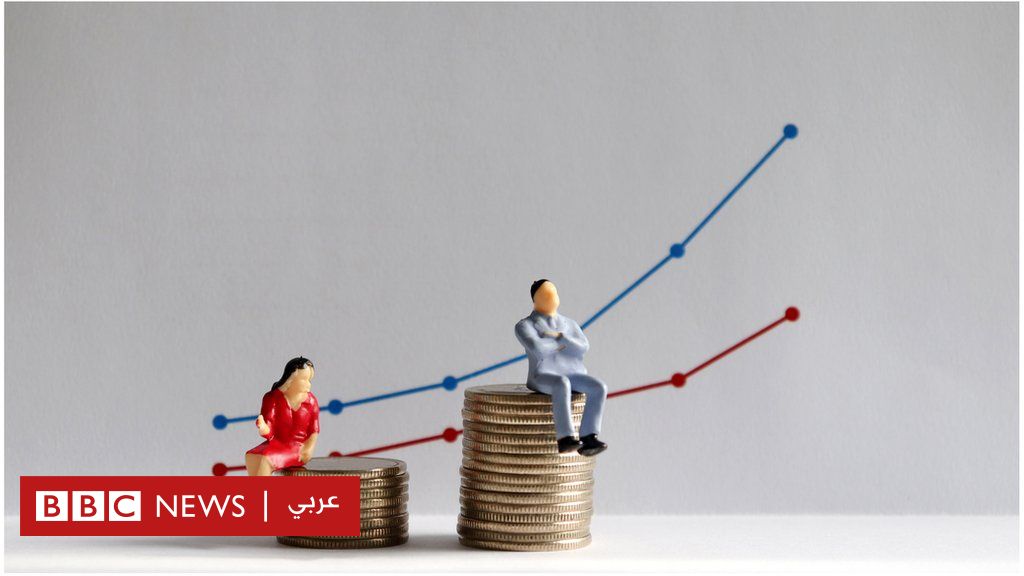
[ad_1]
The Corona pandemic has set back efforts to achieve gender equality for years, according to a World Economic Forum report released on Wednesday.
The Geneva-based organization’s annual report monitors gender disparities in 156 countries in four areas: education, health, economic opportunities and political empowerment.
The biggest gender gap, at around 40 percent, is found in countries in the Middle East and North Africa, which are making slow progress in terms of equality, according to the report. It will take about 142 years to close this gap.
Iceland and Finland lead the global equality index, according to the report, followed by Norway and New Zealand.
The report says several countries have made remarkable progress in this area, including the United Arab Emirates, Togo and Serbia.
While several Arabs arrived in the last ranks, alongside Turkey, Iran and a number of African countries.
“Another generation of women will have to wait to achieve gender equality,” the forum said in a statement, due to the repercussions of the pandemic.
A set of studies showed that the Covid-19 pandemic affected more women, who lost their jobs at a higher rate than men, and carried a greater burden in terms of childcare when schools were closed , according to AFP.
The repercussions will be long-term, according to the expectations of the World Economic Forum, which warned in its report on the gender gap in the world that the achievement of the goals set at the level of gender equality will be delayed.
The organization, which usually brings together the world’s elites every year in the famous ski resort of Davos, Switzerland, concluded in its previous report, published in December 2019 before the start of the pandemic, that it would take 99.5 years. to achieve gender equality in several areas.
Saadia Zahidi, Director of the World Economic Forum
“We have witnessed a kind of regression towards traditional behaviors within households, which is reflected in two ways on working women,” forum director Saadia Zahidi said at a press conference. in line.
While the report says women are successful in bridging the gap in the education and health sectors, this does not apply to the labor sector.
According to the report, the world will need 267.6 years to completely eliminate discrimination in the workplace, especially with the decline caused by the outbreak of the Corona epidemic.
The report was referring to studies conducted by the United Nations, which showed that women lost more jobs during the pandemic, in part affected by being under-represented in sectors severely affected by the shutdown. total in the world.
While an Ipsos study, included in the report, indicated that women’s household chores and responsibility for caring for children increased dramatically during the shutdown.
According to the foundation, women work the equivalent of a full-time job caring for children at home, which has put more pressure on them during the pandemic than on men.
According to LinkedIn data also used in the forum report, the re-employment of women in all industries is coming back at a slower pace, with their appointment to leadership positions declining.
Source link
